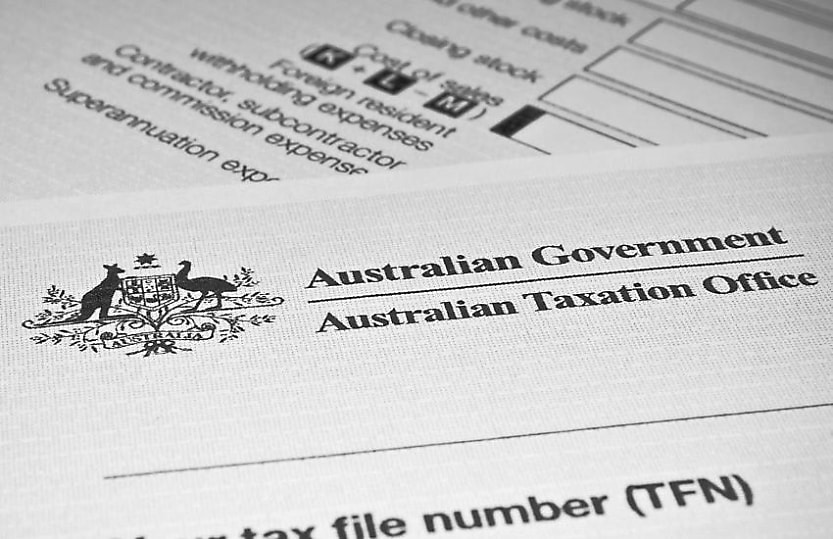ATO responds to IGTO guidance on debt notification

The Tax Office says it supports the principles outlined in the report by the IGTO, Commonwealth Ombudsman and ACT Ombudsman.
The ATO has welcomed guidance issued yesterday by the Inspector-General of Taxation & Taxation Ombudsman, Commonwealth Ombudsman and ACT Ombudsman advising government departments on how to tell people they owe government money.
In a statement issued yesterday, the ATO said it agrees with the five principles outlined in the report; being accountable, explaining actions, providing information, being accessible, and learn and improve.
The report was issued partly in response to the ATO’s handling of on-old debts last year after it was told by the Australian National Audit Office in 2023 that it needed to review its practices in relation to debts classed as “uneconomical to pursue”.
Inspector-General and Taxation Ombudsman Karen Payne said while the Tax Office was told it needed to change its approach to these debts, this didn’t necessarily mean the ATO needed to write to all taxpayers advising them of uneconomical to pursue debts, particularly where the ATO’s own online systems hadn’t caught up.
“[This meant] these [debts] looked invisible frankly to taxpayers,” Payne said, speaking to Accountants Daily.
“What the professional bodies said when they met with the ATO as part of their stewardship group was ‘well if you think this is a good idea, then you should tell people what debts they owe, including debts that are on pause, but don’t do that until it can be seen on your system’.
In its response, the ATO said that for active debts, its is fully transparent with the taxpayer, explains the debt and where it comes from, provides payment options and continuously improves its practice.
“Where a debt is considered uneconomical to pursue, the ATO may put it ‘on hold’. It is important taxpayers know that the ATO does not actively seek payment of debts that are on hold and taxpayers do not need to take any action,” the Tax Office stated.
“However, we are legally obliged to use credits or refunds to reduce the amount of the debts on hold. For debts placed on hold since 2017, this will typically happen when a taxpayer lodges their tax return.”
The ATO acknowledged that its correspondence to taxpayers last year, advising them of their debt on hold, and that they would be offsetting the debt against any future credit or refund caused distress for some taxpayers.
The Tax Office noted that it paused the debts on hold awareness letter campaign in November last year, and is still reviewing its approach to improve how it communicates with taxpayers.
“For debts placed on hold prior to 2017, the ATO has paused all action whilst a review is undertaken. The ATO will not use the credits or refunds from taxpayers to reduce these debts. No decision has yet been made regarding the outcome of this review,” it said.
“The ATO wants to assure the community that these debts are not new. They are previously incurred debts that were put on hold because they were uneconomical to pursue. Each debt has been verified, and taxpayers were either notified of the amount owing at the time it was assessed, or the amount was self-assessed.”
The ATO said in is “committed to applying the principles outlined in the ‘How to tell people they owe the government money’ report to continually improve our communications to taxpayers about debt”.
“It’s important that taxpayers have trust in our tax system and clear communication is critical to building trust and confidence,” the Tax Office said.





